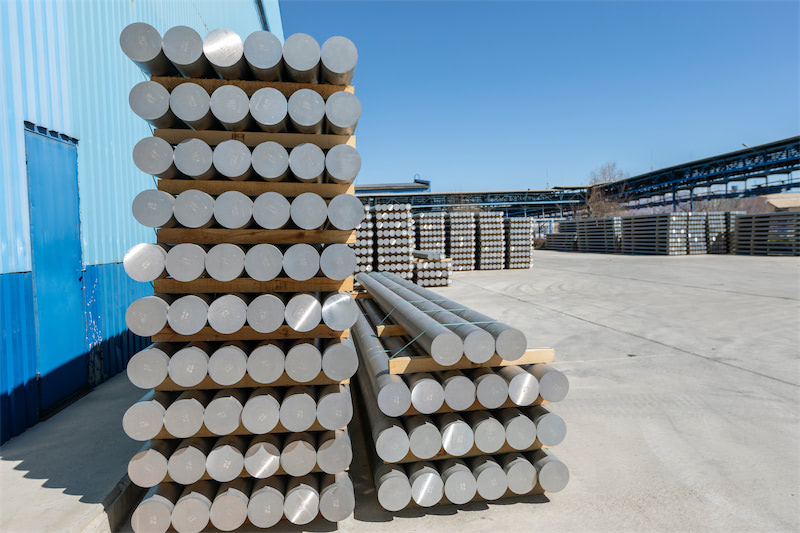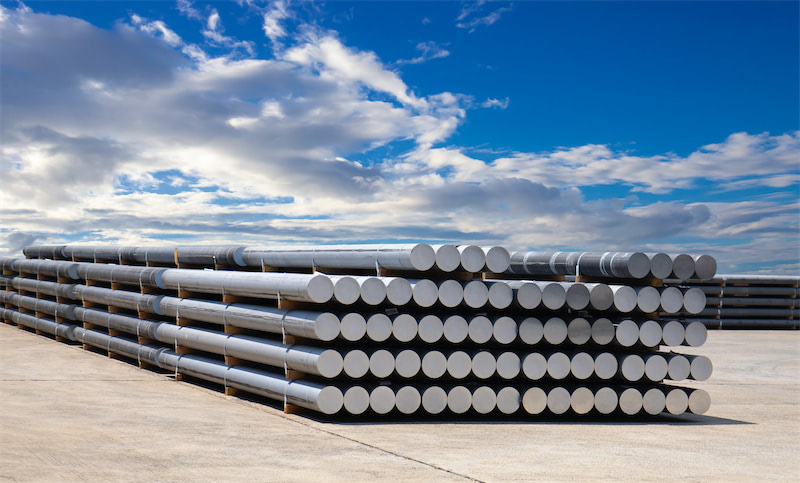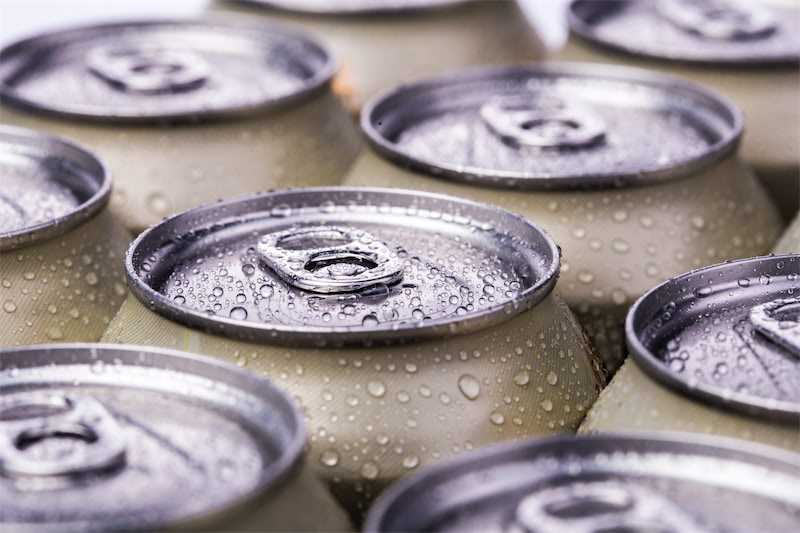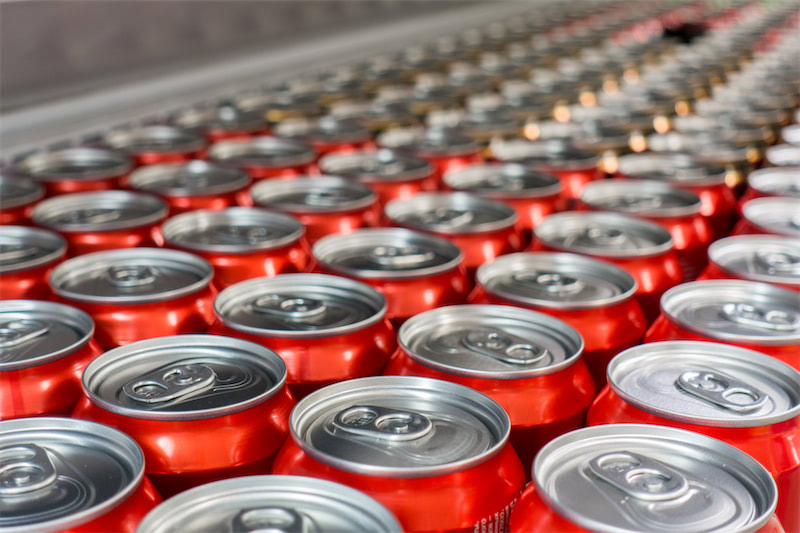The International Energy Agency's (IEA) urgent Minerals and Clean Energy Summit in September 2023 addressed the pressing need to secure a steady supply of critical minerals for the global energy transition. The agency emphasized the crucial role of recycling in relieving stress on critical mineral supply networks worldwide.
IEA's idea of recycling is a keystone for easing strain on the requisite mineral supply
The International Energy Forum (IEF) developed a list of vital minerals required by modern businesses and technology in August 2023, including aluminium, indium, nickel, copper, and others. These minerals are critical to the clean energy transition and must be sourced in a sustainable manner.
When it comes to recyclability, aluminium reigns supreme. Aluminium retains its mechanical and physical qualities, even when recycled infinitely, without deteriorating or compromising its performance. As a result, it has earned the moniker "green metal." Recycling this metal saves over 95 per cent of the energy needed to create aluminium from its raw material, contributing towards an eco-friendly environment and defending our mother nature from detrimental impacts.
Recognizing the pressing nature of this issue, the IEA stated that governments, businesses, and investors worldwide must prioritize the implementation of recycling technology in order to ensure a sustainable future for essential minerals. Advanced recycling techniques minimize energy and water requirements during extraction and enhance resource efficiency throughout the product's lifecycle.
Furthermore, the IEA intended to do a comprehensive study on effective recycling options, including e-waste, industrial scrap, end-of-life batteries, and other sources. This all-encompassing approach to recycling is consistent with the larger goal of acquiring essential minerals for sustainable energy.
During the summit, the IEA proposed alternative strategies for securing critical minerals supply:
Enhancing transparency: Inadequate price transparency in certain essential minerals markets may cause market volatility and discourage potential investors.
Leveraging data: Emphasising the critical function of data in improving market processes and helping firms and policymakers to make informed decisions.
Instituting incentives: Encouraging and rewarding actions that promote sustainable and responsible mineral production, emphasising environmental, social, and governance (ESG) factors.
Encouraging collaboration: Recognising the importance of developing collaboration with governments, market participants, civil society, and international organisations in order to address supply chain concerns.
The need to transform the critical minerals value chain is apparent in Africa. Recycling, as proposed by the IEA, plays a vital role in this process. Samaila Zubairu, the Africa Finance Corporation (AFC) President, highlighted the economic potential of shifting from raw mineral exports to battery and cathode precursors, which could yield significant revenue growth from $12 billion to $240 billion. However, this transition requires urgent infrastructure investments of $130-170 billion to support industrialization. He also stressed the importance of sustainable mining practices and value addition for critical minerals, advocating for a shift toward sustainable and value-driven approaches.
Novelis
Furthermore, Nigeria's Minister for Solid Minerals, Dele Alake, emphasized improving data collection to establish Nigeria as a solid minerals hub. He emphasized the need for substantial investments in accurate and comprehensive data gathering, aligning with a strategic focus on utilizing big data to unlock the solid minerals sector's substantial $700 billion value within the earth's surface.
source:https://www.alcircle.com/news/iea-s-idea-of-recycling-is-a-keystone-for-easing-strain-on-the-requisite-mineral-supply-100544
IEA's idea of recycling is a keystone for easing strain on the requisite mineral supply
The International Energy Agency's (IEA) urgent Minerals and Clean Energy Summit in September 2023 addressed the pressing need to secure a steady supply of critical minerals for the global energy transition.
Data Source Statement: Except for publicly available information, all other data are processed by SMM based on publicly available information, market communication, and relying on SMM‘s internal database model. They are for reference only and do not constitute decision-making recommendations.
For any inquiries or to learn more information, please contact: lemonzhao@smm.cn
For more information on how to access our research reports, please contact:service.en@smm.cn



